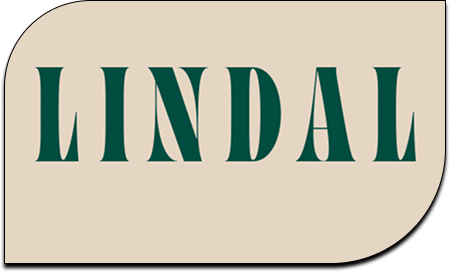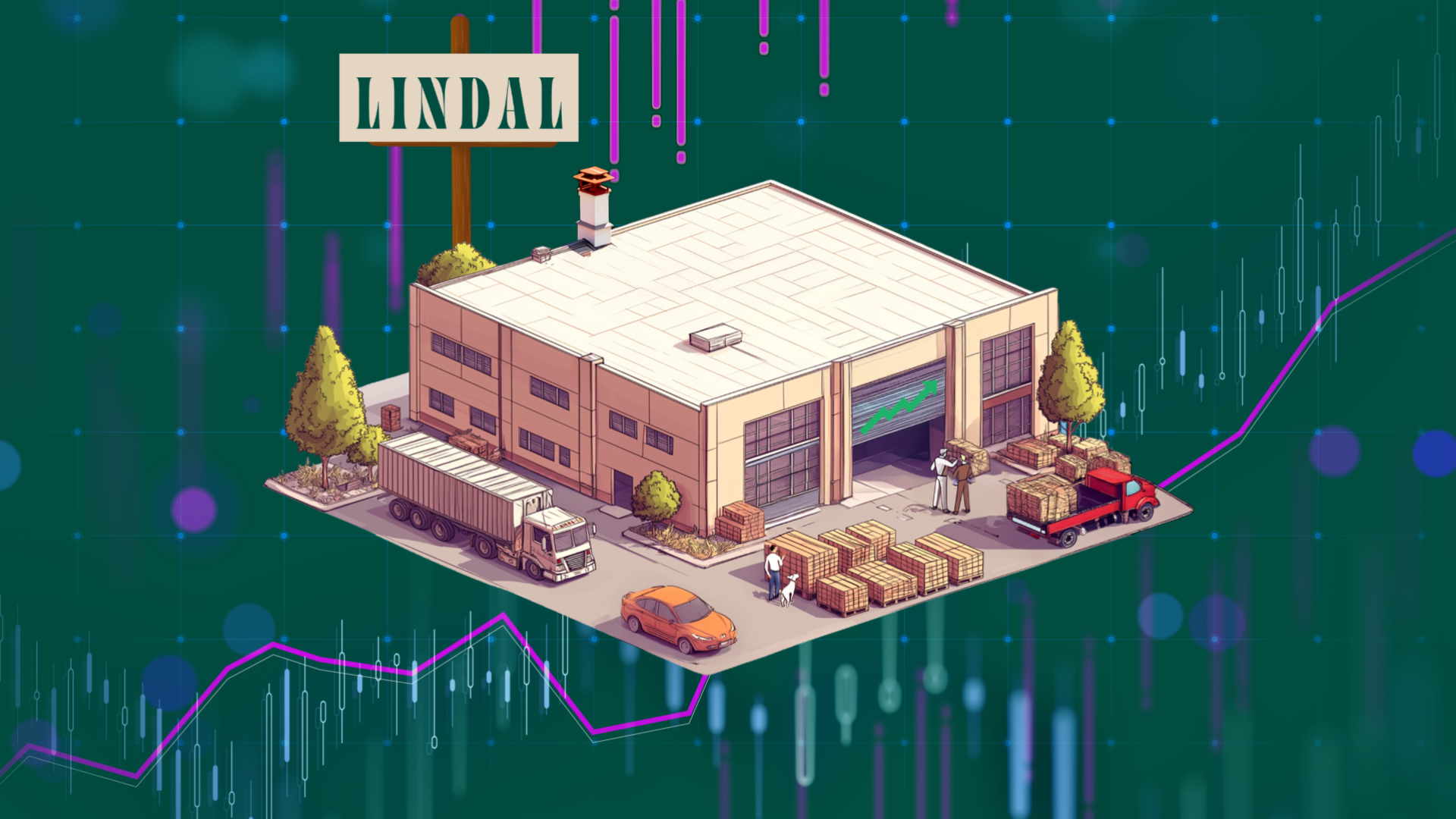Business Model for Briquettes and Pellets Company LINDAL GROUP
At LINDAL GROUP SIA, we are committed to providing high-quality eco-friendly fuel solutions through the production and sale of briquettes and pellets. Our business model is designed to meet the growing demand for renewable energy sources and sustainable heating solutions while maximizing profitability and promoting environmental responsibility.
1. Overview of the Business
We specialize in the production and distribution of briquettes and pellets, which are used as an alternative to traditional fossil fuels for heating, cooking, and industrial applications. Our products are made from biomass such as wood, agricultural residues, and other organic materials, which are compressed to form compact fuel sources. We are passionate about offering environmentally friendly products that reduce carbon emissions and contribute to sustainable energy practices.
2. Value Proposition
Eco-Friendly & Sustainable: Briquettes and pellets are made from renewable biomass materials like woodchip, spruce, pine, white alder pulpwood, reducing waste and offering an alternative to coal and other non-renewable energy sources.
Cost-Effective: Our products are affordable and offer high thermal efficiency, providing significant savings in energy costs compared to traditional fuels.
High-Quality Products: We guarantee premium quality in every batch of briquettes and pellets, ensuring consistent performance and reliability for our customers because of German manufactured RUF machinery.
Local Manufacturing: By sourcing raw materials locally in Latvia, we support the local economy and reduce the carbon footprint associated with transportation.
3. Customer Segments
Our primary customers are divided into various segments, each with unique needs and requirements:
Residential Customers: Homeowners and individuals looking for an eco-friendly and cost-efficient heating solution.
Commercial and Industrial Clients: Businesses requiring large-scale heating solutions, including factories, hotels, and large residential complexes.
Retailers and Distributors: Companies that resell our products through their stores or online platforms to end customers.
Municipalities and Governments: Local and national government entities promoting green energy initiatives and sustainability projects.
4. Revenue Streams
Our revenue streams are diversified to ensure stability and growth:
Direct Sales: Selling briquettes and pellets directly to consumers, businesses, and retail distributors.
Wholesale: Supplying large quantities of briquettes and pellets to wholesalers, retailers, and industrial customers.
Subscription Model: Offering a subscription-based service for regular deliveries of briquettes or pellets, ensuring steady income and convenience for customers.
Online Sales: Through e-commerce platforms, customers can order products directly for delivery.
Partnerships & Contracts: Establishing long-term contracts with businesses, municipalities, and large-scale facilities that need a consistent supply of briquettes or pellets.
5. Key Operations & Processes
To operate efficiently, we focus on key aspects of the business:
Raw Material Sourcing: Secure sustainable sources of biomass materials such as sawdust, wood chips, agricultural waste, and recycled materials. Partnering with local farmers, sawmills, and forestry operations ensures a steady supply of raw materials.
Manufacturing & Production: We have a state-of-the-art production facility where raw materials are compressed into high-quality briquettes and pellets. This includes processes such as drying, grinding, and compressing the raw materials to the required specifications.
Quality Control: Rigorous testing and quality assurance processes ensure that our products meet industry standards for efficiency, safety, and performance.
Distribution & Logistics: Efficient logistics and distribution channels are key to delivering products to our customers on time and cost-effectively. We utilize both in-house and third-party transportation to distribute products locally and regionally.
Sales & Marketing: Our sales strategy includes direct outreach to businesses, partnerships with retail distributors, and targeted online marketing campaigns. We also emphasize sustainability and the environmental benefits of our products in all marketing efforts.
6. Marketing Strategy
Our marketing efforts are focused on building brand awareness, educating customers about the benefits of using briquettes and pellets, and driving sales. Key components include:
Content Marketing: Creating educational content on the advantages of renewable fuels, energy savings, and environmental benefits.
Social Media & Online Advertising: Leveraging platforms like Facebook, Instagram, and Google Ads to reach consumers and businesses interested in green energy solutions.
Partnerships: Collaborating with green energy advocates, sustainability organizations, and industry influencers to promote our products.
Incentive Programs: Offering discounts, loyalty programs, and incentives to encourage repeat customers and referrals.
7. Key Partners
Raw Material Suppliers: Local farmers, forestry operations, and recycling plants that supply biomass material.
Distributors & Retailers: Partnerships with wholesalers, distributors, and retail outlets to expand market reach.
Logistics Providers: Third-party logistics companies that assist with efficient product distribution.
Government Agencies: Working with local governments and municipalities to promote clean energy initiatives and secure contracts for large-scale supply.
8. Cost Structure
The major costs involved in our business model include:
Raw Materials: The cost of sourcing biomass materials is one of the largest operational expenses.
Manufacturing: Production costs, including labor, machinery, maintenance, and energy consumption.
Marketing & Sales: Expenses related to advertising, sales personnel, and promotional activities.
Distribution & Logistics: Costs associated with warehousing, transportation, and delivery.
Regulatory Compliance: Ensuring that our operations comply with environmental regulations and industry standards.
9. Scalability & Growth Strategy
As demand for renewable energy solutions continues to grow, our business is designed to scale efficiently:
Expanding Production Capacity: Invest in new manufacturing technologies and equipment to increase output and meet rising demand.
Geographic Expansion: Enter new markets by targeting different regions or countries, leveraging the increasing global interest in renewable energy.
Product Diversification: Develop new products such as eco-friendly firelogs, animal bedding, or industrial-grade biomass pellets to meet additional customer needs.
10. Sustainability & Environmental Impact
Sustainability is at the core of our business model. We aim to reduce the carbon footprint by:
Using Renewable Materials: All our products are made from sustainable, renewable biomass.
Reducing Waste: By repurposing agricultural and industrial by-products, we help minimize waste and pollution.
Carbon Offset: Our operations contribute to a reduction in overall carbon emissions by providing an alternative to fossil fuels.
Conclusion
At LINDAL GROUP SIA, we are proud to provide eco-friendly briquettes and pellets that not only offer a cost-effective and renewable heating solution but also contribute to a greener planet. Our business model is built on sustainability, quality, and growth, ensuring long-term value for both our customers and the environment.

